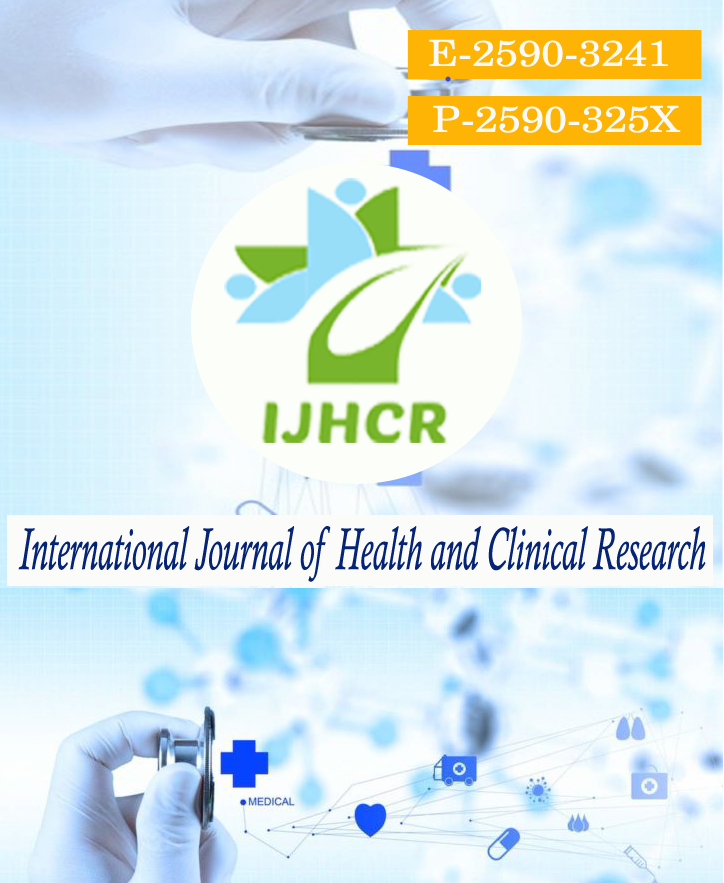
International Journal of Health and Clinical Research
Yazarlar: Renny Issac, Murali Cheruparambil Pengan, Sudhiraj P S, Swathy Saji Paul, Ravindran Chirukandath
Konular:-
Anahtar Kelimeler:Metabolic syndrome ,BMI ,Medical Graduates,Lifestyle modification
Özet: Background : Metabolic syndrome is a new emerging public health pandemic which is a cluster of several risk factors, often resulting from unhealthy life style practices. While several studies have been done regarding metabolic syndrome but , only few have been done in children and young adults in India Material and methods:This cross- sectional study was conducted at Government Medical College (GMC), Thrissur in MBBS students studying at Government Medical College, in 146 participants. Metabolic syndrome was considered when 3 or more criteria was positive.and analyzed for various variables.Results :Prevalence of metabolic syndrome among medical students of south India was 2.1% according to the NCEP ATP- III (2005 revision) criteria. It was twice higher in males than females. In those with abnormal values of waist circumference and HDL- cholesterol, more were females, while in those with abnormal values of fasting plasma glucose, triglyceride and blood pressure, there were more of males. There was a high prevalence of unhealthy lifestyle practices like excessive consumption of hotel foods(83%) and junk food (53.5%), lack of physical exercise (58.2%), decreased sleep (36.3%) and increased use of mobile phones (92.5%). The most common abnormality noted was decreased HDL- cholesterol (18.5%), followed by high systolic blood pressure (11.6%), increased waist circumference (10.3%), triglyceride (6.8%), diastolic BP (6.2%) and fasting plasma glucose (6.2%). Mean BMI was higher in those with metabolic syndrome. BMI also showed a positive relation with the individual components of metabolic syndrome.Conclusion :Thus, targeted intervention at this right age group with lifestyle modification can help in reducing the risk for metabolic syndrome and its complications